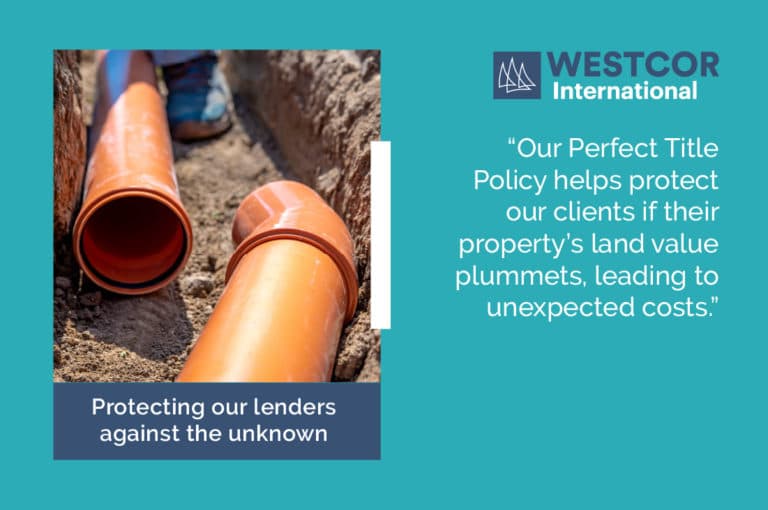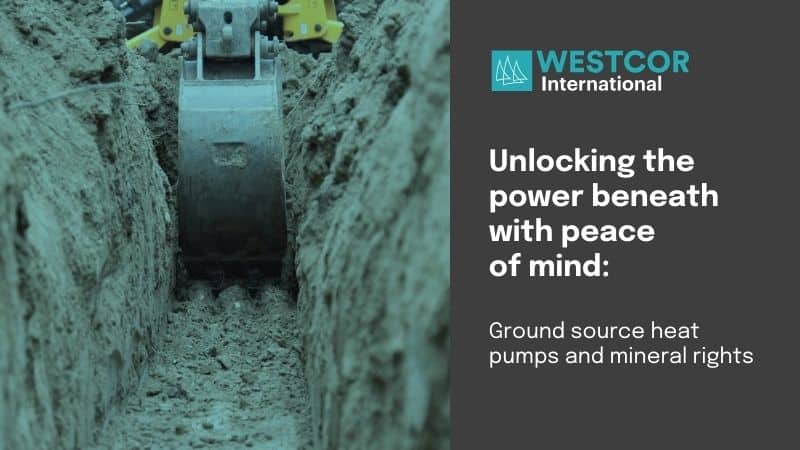What are the hidden risks for lenders post-purchase?

Image: Protecting our lenders against the unknown
Property changing hands can be riddled with risk
Whilst all land in England and Wales is required to be registered at HMLR, following any significant change in title, only around 85% of all land in England and Wales actually is. Land that has not “changed hands” since registration was made compulsory in 1990 may still remain unregistered including significant parcels of land owned by the Church. Other examples of situations where compulsory registration may not have been triggered would include where land has been gifted through generations or where there has been a long term tenancy.
Is this a real risk to a lender?
The answer is yes because the transfer of land to a developer would trigger compulsory registration at the HMLR and to do this the conveyancer acting for the developer will be required to prove “Root of Title” before the registration process can take place. They must be in possession of all title deeds, leases and maps, which are often missing where land has been gifted through the generations.
Deeds prove ownership but also other aspects such as boundaries, access, rights, burdens and restrictions as well as the terms of any leases that have been granted. The aim is for the solicitor to obtain title absolute, anything less becomes a problem when the land is required to provide security for a loan. A qualified or possessory title is not only less marketable but does not form the best possible security for a secured lender as it is always subject to challenge until it has been perfected.
So, what can be done?
Whilst the vendor could be required to complete the first registration before s/he sells, this is not only a painfully slow process but it is expensive. In addition, there may be issues with selling or using the property as security during that time thereby stopping the deal progressing in a timely manner. Legal indemnity or title insurance can provide a form of gap coverage pending full registration where the lawyer has certified the title to be good and marketable but there are unknowns or uncertainties around the registration process to protect against these risks.
CASE STUDY: TITLE TO PROPERTY IS OWNED BY SOMEONE OTHER THAN THE MORTGAGE APPLICANT
- The insured completed a mortgage for the purchase of a Buy To Let property. The Land Registry raised requisitions regarding the application to transfer the title of the property including requesting an authorised ID1 Form for the seller and copies of the ID evidence taken by the seller’s solicitor. A claim was submitted and accepted.
- Investigations showed that the property had been rented out for approximately 20 years and the address for service never changed from the property address. The Tenant had gone into rent arrears and following his eviction, the owners found that on visiting the property, renovation works were taking place at the property on the instructions of the Borrower. The seller fraudster had impersonated the true registered owner of the property. The matter was reported to the Action Fraud who issued a crime reference number.
- The claim could not be resolved within a 6-month period but under our lender Perfect Title policy, a 6 month ‘cure or pay’ option the lenders claim was settled in full.
- Subrogated action: professional negligence claim is being pursued against the seller’s solicitor for breach of trust for paying monies to the ‘fake seller’ and the Insured’s solicitor for breach of duty of care.





